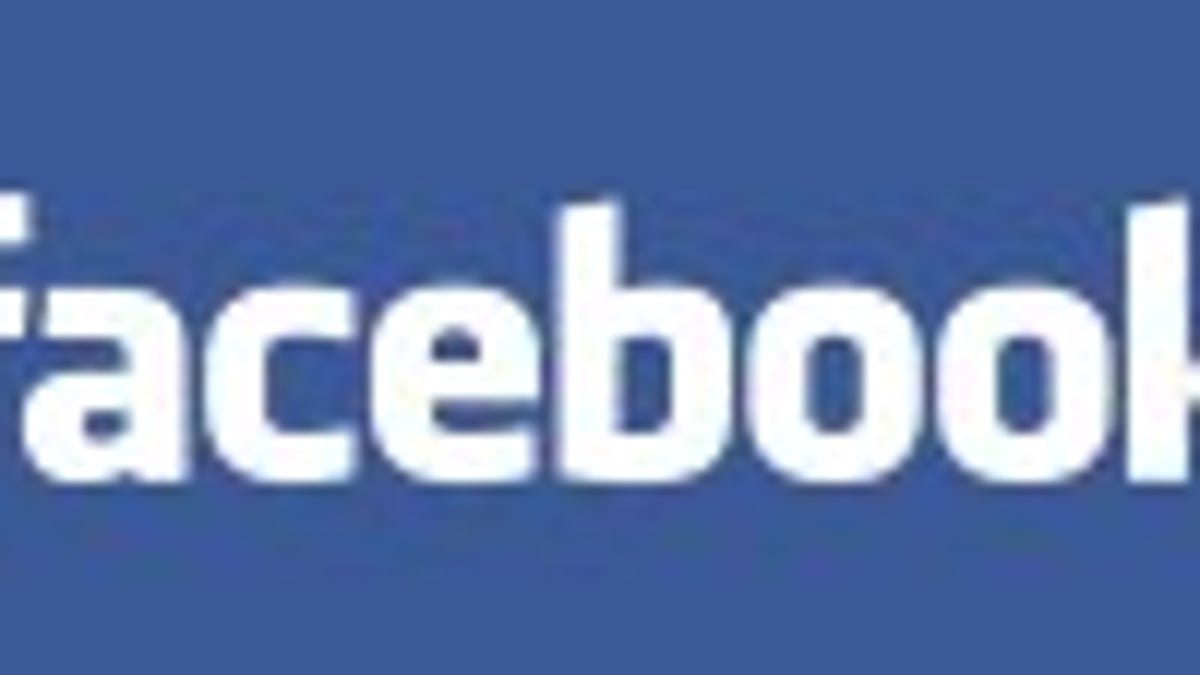Facebook: We're going after scammy ads, too
The social network reinforced in its developer blog that it's taking an active stance against the companies that have been getting bad press recently for deceptive advertising.

The industry P.R. frenzy over scams in ads and offers on social networks goes on: Facebook announced on Thursday evening in a post on its developer blog that since it updated its developer platform terms of service this summer, it has disabled two ad networks that it says were running deceptive advertisements.
This comes in the wake of allegations that some companies that power offer- and survey-related moneymaking operations for social-gaming applications on platforms like Facebook's have effectively been scamming users into paying for services without disclosing those costs. One of them, Offerpal Media, has been particularly visible in the crosshairs.
"This battle is not new and it's far from over," the post by Facebook's Nick Giano wrote. "We faced stimulus scam ads on our own system earlier this year and pushed them off the site with rigorous enforcement. We did the same months later when deceptive ads from third-party ad networks appeared in applications. We're doing that again now as we see them appear in the form of offers."
Additionally, Facebook--which has said for quite some time that many of the activities highlighted in the "app scam" controversy are already banned by its terms of service--included in the post that more than 100 developer applications have been either "suspended or brought into compliance" over advertising issues, and that more than half of them were used by at least 1 million Facebook members per month. It's not clear whether these were all related to scams, or to other advertising-related infringements like the Burger King marketing campaign that encouraged users to "unfriend" their contacts in exchange for a free cheeseburger.
Facebook representatives declined to name which ad networks or applications it has banned. But the company did ban two companies in June, Social Hour and Social Reach, citing ad network policy violations. It's possible that the two ad networks mentioned in Facebook's blog post were banned months ago, given the "since July" language.
Earlier this week, MySpace--another big destination for social-network apps--announced that it had updated its terms of service to ban app scams. Prior to that, several prominent application manufacturers announced that they had banned potentially deceptive offers, despite the fact that they are responsible for a big chunk of virtual-goods revenues.
An update was made to this post at 7:51 a.m. PT on November 6 to note that Facebook banned two ad networks in June.

